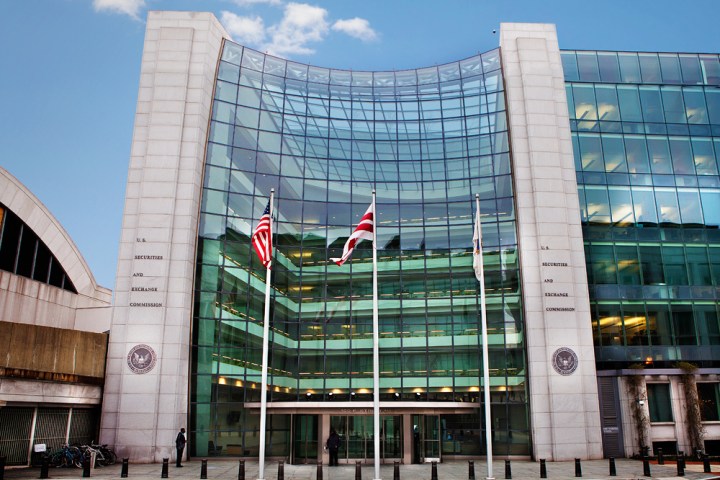
The new rules don’t actually affect investors directly, but apply rather to the startups themselves, which are now allowed to raise up to $1 million a year by way of online platforms. Whereas previously, you had to make $200,000 annually to invest in a company, your income is now no longer a barrier to your financial support.
Known as “equity crowdfunding,” proponents of these new regulations say that it allows more people to play investor, and simultaneously allows startups to raise more money from a more diverse group of people. But on the other hand, there are concerns that individuals less well-versed in the nuances of investment may end up losing money in their haste to become a part of the supposed next billion-dollar idea.
“Let’s see how this experiment works,” said commissioner Kara Stein, who pointed out that the SEC will collect data over a three-year period to see how this change actually affects the crowdfunding of startups. If nothing else, it should have an impact on the demographic makeup of investors. Today, only 8.2% of venture capitalists are women, and just two percent are black or Latino.
Woody Neiss, who helped structure the original JOBS Act, from which this newest initiative stems, told NPR that crowdfunding has become increasingly necessary since the disaster of the financial crisis. Now that small businesses and startups are facing more problems when it comes to getting bank loans, Neiss believes that “crowdfunding also provides an opportunity for small investors to support local businesses or get in on the ground floor of startups.”
And while there are risks associated with throwing open the investment doors (mostly at the expense of investors), Neiss says this is something that people should be prepared for.
“There’s no get-rich-quick scheme here,” he told NPR. “And if [investors] going to go into this, they need to understand what the risks are and how long it’s going to be before they get their money back if they get their money back.”
So proceed with caution, friends. With great power comes great responsibility — take care when writing those checks.


